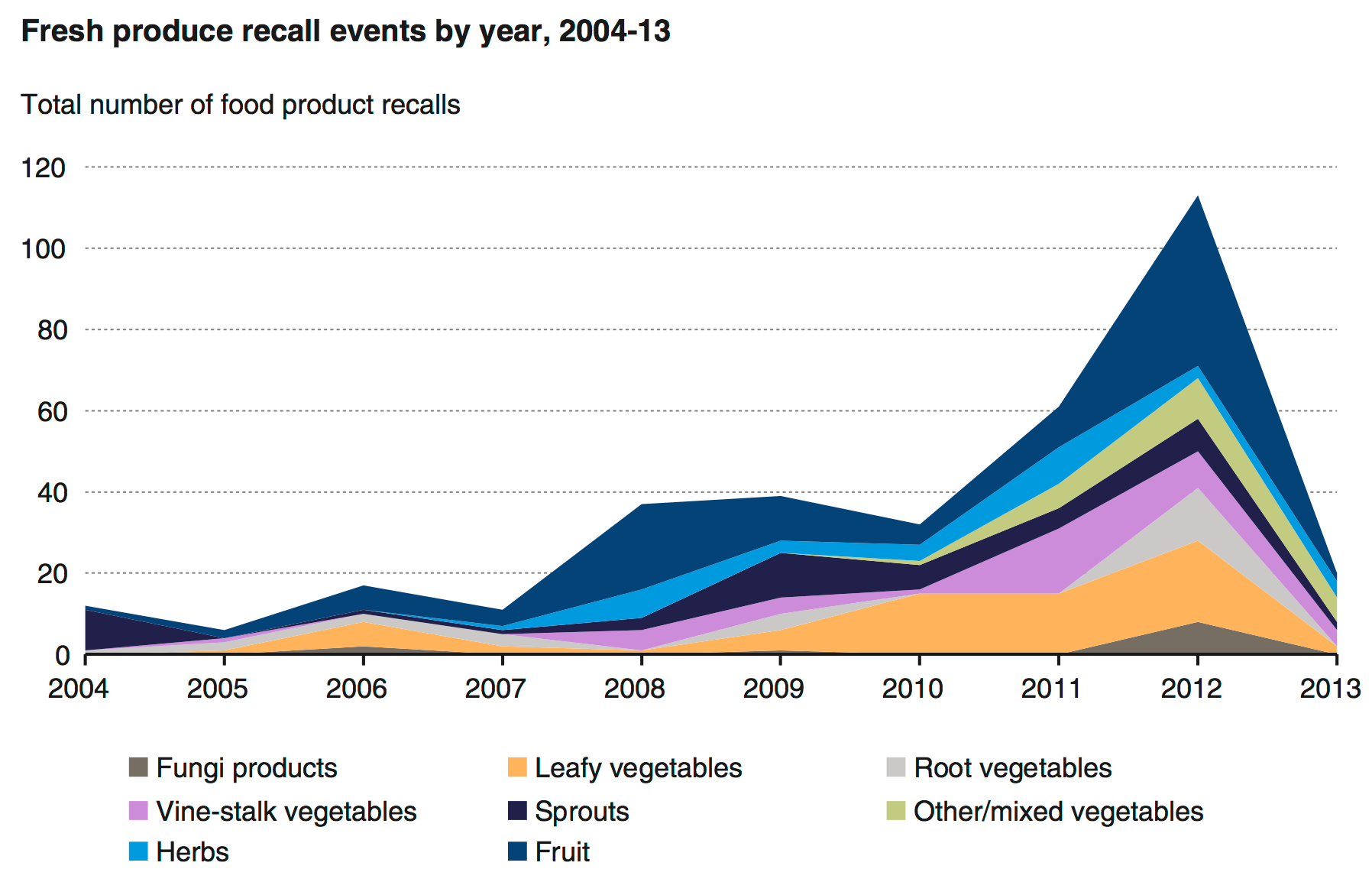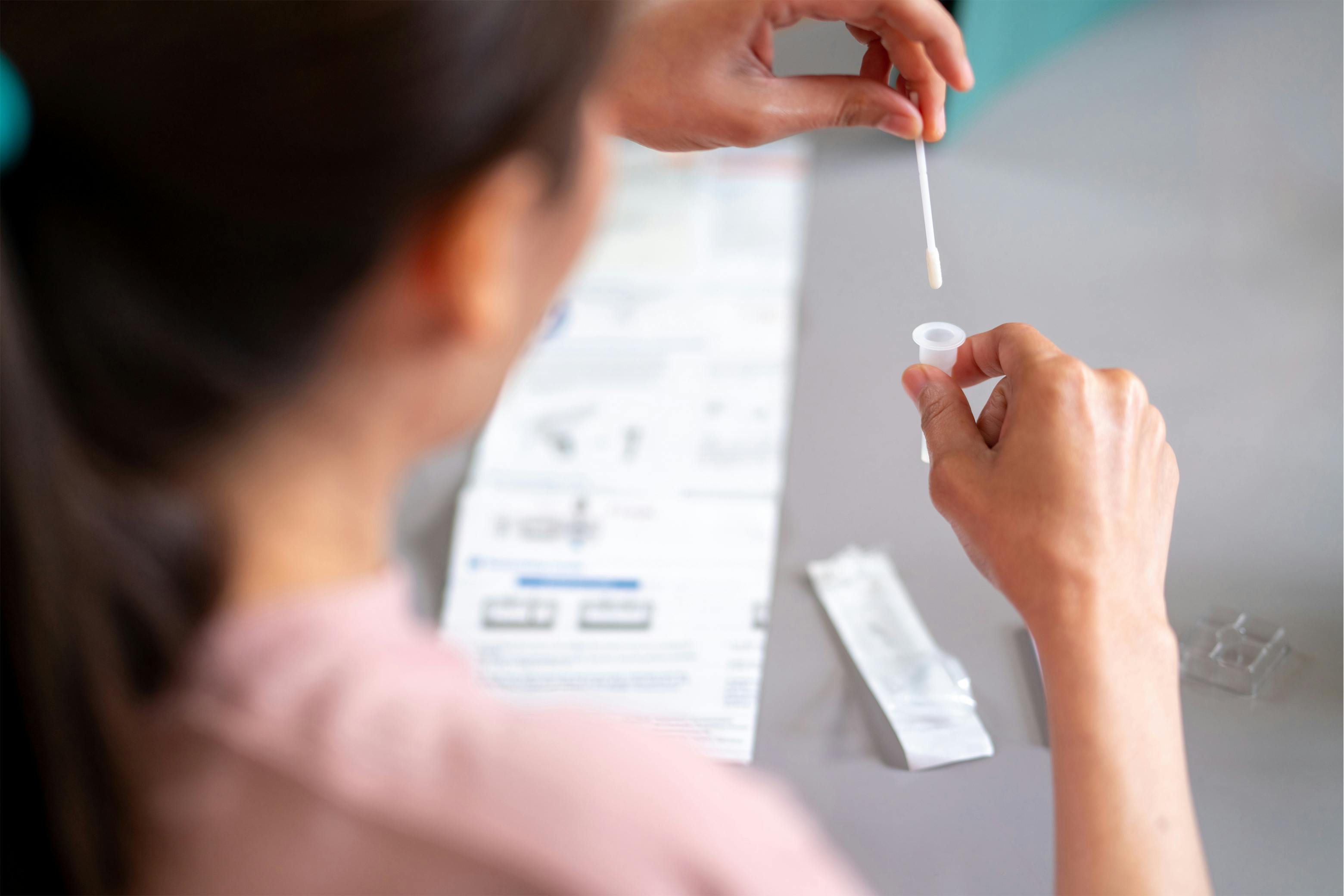FDA Recalls And Safety Alerts: Stay Informed And Protect Yourself
FDA Recalls And Safety Alerts: Stay Informed And Protect Yourself is important because it can provide information about dangerous products that have been recalled by the FDA. This information can help consumers avoid using these products and protect themselves from harm.
FAQs
Stay vigilant and well-informed with answers to frequently asked questions regarding FDA Recalls and Safety Alerts. By understanding these critical issues, you can make informed decisions and safeguard your well-being.
Question 1: What is the purpose of FDA Recalls and Safety Alerts?
Answer: FDA Recalls and Safety Alerts are crucial mechanisms to inform the public about products deemed unsafe, defective, or potentially harmful. These alerts enable individuals to take prompt action, such as discontinuing product use, seeking medical attention, or returning recalled items.
Question 2: Where can I find FDA Recalls and Safety Alerts?
Answer: The FDA provides a comprehensive database of Recalls and Safety Alerts on its official website. These alerts are categorized by product type, date, and risk level, making it easy to stay updated on potential hazards.
Question 3: What are the different risk levels associated with FDA Recalls and Safety Alerts?
Answer: The FDA classifies Recalls and Safety Alerts into three risk levels: Class I (most serious), Class II (significant potential for harm), and Class III (products unlikely to cause adverse health consequences). Understanding these risk levels helps prioritize appropriate actions.
Question 4: What should I do if I have a product subject to an FDA Recall or Safety Alert?
Answer: Upon receiving notification of a Recall or Safety Alert, promptly follow the instructions provided by the FDA or manufacturer. This may include discontinuing product use, contacting a healthcare professional, or returning recalled items for a refund or replacement.
Question 5: How can I stay updated on the latest FDA Recalls and Safety Alerts?
Answer: Subscribing to FDA email alerts or following their social media channels ensures timely access to the latest Recall and Safety Alert information. Additionally, regularly checking the FDA website for updates is recommended.
Question 6: Why is it important to heed FDA Recalls and Safety Alerts?
Answer: Adhering to FDA Recalls and Safety Alerts is paramount for protecting your health and well-being. Ignoring or disregarding these alerts could lead to exposure to unsafe or hazardous products, potentially causing adverse effects or even serious health complications.
By staying informed about FDA Recalls and Safety Alerts, you empower yourself to make informed decisions and safeguard your health. Remember to prioritize prompt action when notified of a Recall or Safety Alert to mitigate potential risks effectively.
For more in-depth information and comprehensive guidance on FDA Recalls and Safety Alerts, visit the official FDA website.
Tips
The FDA Recalls And Safety Alerts: Stay Informed And Protect Yourself provides valuable information on the latest recalls and safety alerts issued by the Food and Drug Administration (FDA). By staying informed about these alerts, individuals can take proactive measures to protect their health and safety.
Tip 1: Subscribe to FDA Email Updates
Subscribing to email updates from the FDA ensures prompt notifications about new recalls and alerts directly to your inbox. This timely information empowers individuals to make informed decisions regarding potentially hazardous products.
Tip 2: Utilize the FDA's Website and Social Media Channels
The FDA's official website and social media platforms are comprehensive resources for up-to-date information on recalls and safety alerts. These platforms provide access to detailed product descriptions, safety concerns, and recommended actions to mitigate risks.
Tip 3: Monitor Recalls for Specific Products
Consumers can sign up for the FDA's email alert system to receive specific notifications on recalls related to products they use regularly. This customized approach ensures timely information on potential hazards associated with particular items.
Tip 4: Check Product Labels and Packaging
Carefully examining product labels and packaging can provide valuable information about recalls. If a product's label or packaging indicates it has been recalled, consumers should immediately stop using it and follow the instructions provided by the FDA.

FDA recalls | Food Safety News - Source www.foodsafetynews.com
Tip 5: Report Adverse Reactions
Individuals who experience adverse reactions to FDA-regulated products should report these incidents to the agency through the MedWatch program. By reporting these events, consumers contribute to the FDA's monitoring efforts and help identify potential safety concerns.
Tip 6: Educate Others
Sharing information about FDA recalls and safety alerts with family, friends, and community members is crucial. By raising awareness, individuals can help protect the health and safety of others.
Tip 7: Stay Informed about Ongoing Issues
The FDA regularly updates its website with information on ongoing safety issues, such as the opioid crisis or the COVID-19 pandemic. By staying informed about these issues, individuals can make informed decisions and take appropriate precautions to protect their health.
Tip 8: Be Vigilant
Consumers should be vigilant about their health and the products they use. By paying attention to recalls and safety alerts, individuals can minimize risks and make proactive choices to safeguard their well-being.
FDA Recalls And Safety Alerts: Stay Informed And Protect Yourself
The FDA plays a vital role in ensuring the safety of products we use every day, from food to medical devices. Recalls and safety alerts are essential tools for the FDA to communicate important information to the public about potential risks associated with certain products. By staying informed and understanding the key aspects of FDA recalls and safety alerts, we can protect ourselves and make informed decisions about the products we use.

FDA Recalls Fraudulent Covid Tests | MedTruth - Prescription Drug - Source medtruth.com
- Product Coverage: Recalls and safety alerts cover a wide range of products, from food and drugs to medical devices and cosmetics.
- Risk Assessment: The FDA assesses the potential risks associated with a product before issuing a recall or safety alert.
- Public Notification: The FDA uses various channels to notify the public about recalls and safety alerts, including its website, social media, and press releases.
- Consumer Action: Recalls often require consumers to take specific actions, such as returning the product or discontinuing its use.
- Manufacturer Responsibility: Manufacturers are responsible for initiating recalls and cooperating with the FDA during the recall process.
- Ongoing Monitoring: The FDA continues to monitor the situation after a recall or safety alert is issued to ensure the effectiveness of the measures taken.
By understanding these key aspects, we can stay informed about FDA recalls and safety alerts, make informed decisions about the products we use, and take appropriate actions to protect ourselves from potential risks. Regular monitoring of the FDA website or subscribing to its email alerts can help us stay up-to-date with the latest recalls and safety information. This proactive approach empowers us to play an active role in safeguarding our health and well-being.

FDA Recalls Medtronic Atherectomy Device | MedTruth - Prescription Drug - Source medtruth.com
FDA Recalls And Safety Alerts: Stay Informed And Protect Yourself
The Food and Drug Administration (FDA) regularly issues alerts and recalls of products that pose potential health risks. This is an important component of the FDA's mission to protect the public health; by staying informed about recalls and safety alerts, you can help safeguard yourself and your loved ones.

Product Recalls | REJIMUS - Source www.rejimus.com
FDA recalls are classified into three levels: Class I, Class II, and Class III. Class I recalls are the most serious and involve products that pose a substantial risk of injury or death. Class II recalls involve products that pose a moderate risk of injury, and Class III recalls involve products that pose a low risk of injury.
Safety alerts are issued for products that do not meet FDA standards but do not pose an immediate health risk. These alerts may recommend that consumers stop using the product, return it to the manufacturer, or take other steps to ensure their safety.
It is important to stay informed about FDA recalls and safety alerts because they can help you avoid products that pose potential health risks. If you have any questions about recalled products, you can contact the FDA at 1-888-INFO-FDA (1-888-463-6332) or visit the FDA's website at www.fda.gov.
Conclusion
By staying informed about FDA recalls and safety alerts, you can help protect yourself and your family from potential health risks. The FDA is committed to ensuring the safety of the products that we use, and by working together, we can help make sure that our food, drugs, and medical devices are safe.
For more information on FDA recalls and safety alerts, please visit the FDA's website at www.fda.gov.
Nick Kroll: Comedian, Actor, And Podcast Host Extraordinaire, Red Card Immigration: A Comprehensive Guide To US Residency And Citizenship, Explore The Enchanting Shores And Secrets Of The Gulf Of Mexico, Apple 2025: Unveiling The Future Of Technology With Groundbreaking Innovations, The Rise Of The Hamlin Bills: A Resurgent Force In The NFL, Celebrating Black Excellence And Legacy: The Power Of Black History Month 2025, Kansas City Chiefs 2023-2024 Regular Season Schedule: Game Times, Opponents, And More, Ryan Pressly: Boston Red Sox Reliever With Lightning-Fast Fastball, Barkley: The Legendary NBA Enigma, Unparalleled On And Off The Court, Northwestern Wildcats Face Off Against Iowa Hawkeyes In Thrilling Big Ten Clash,